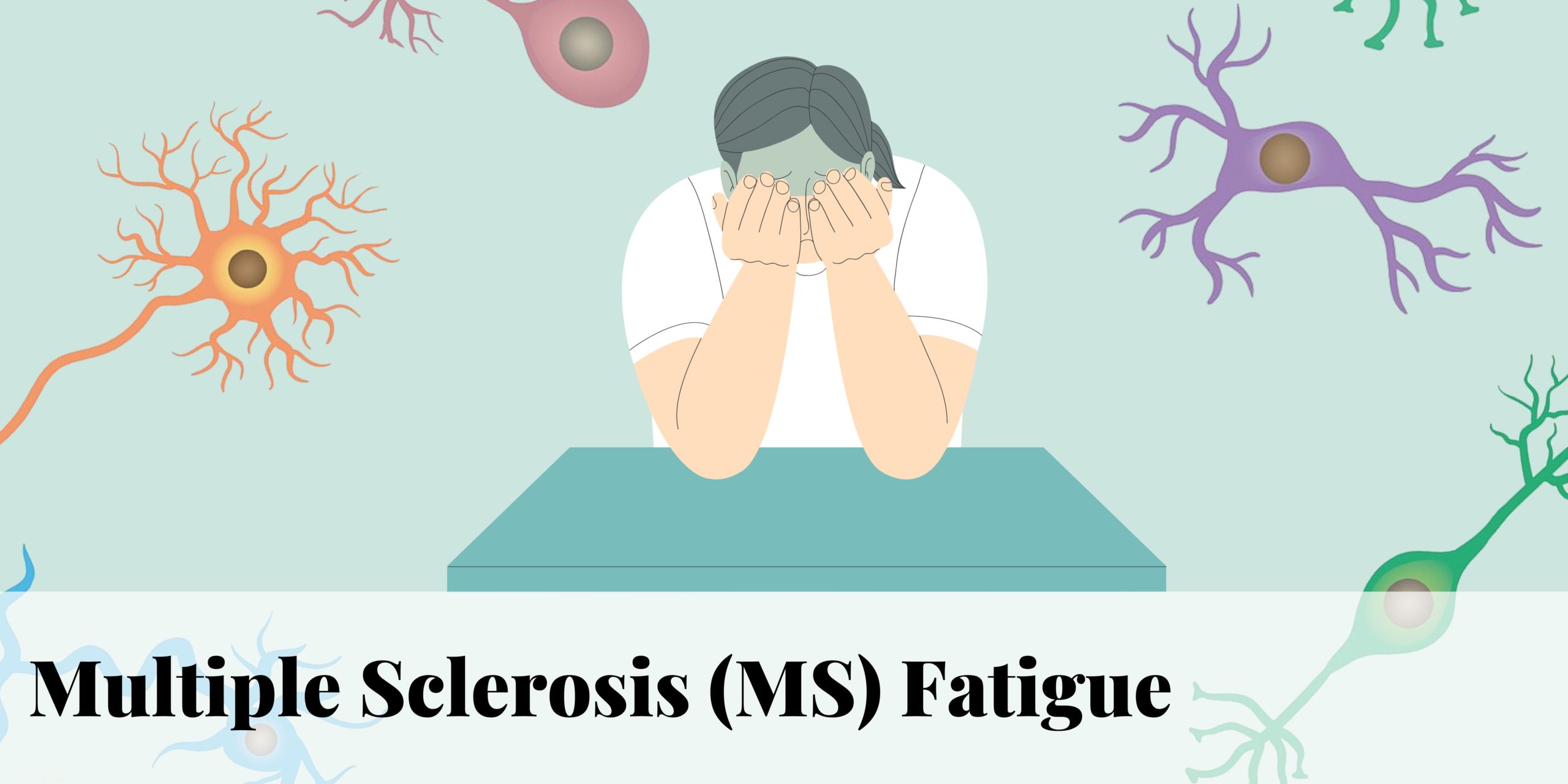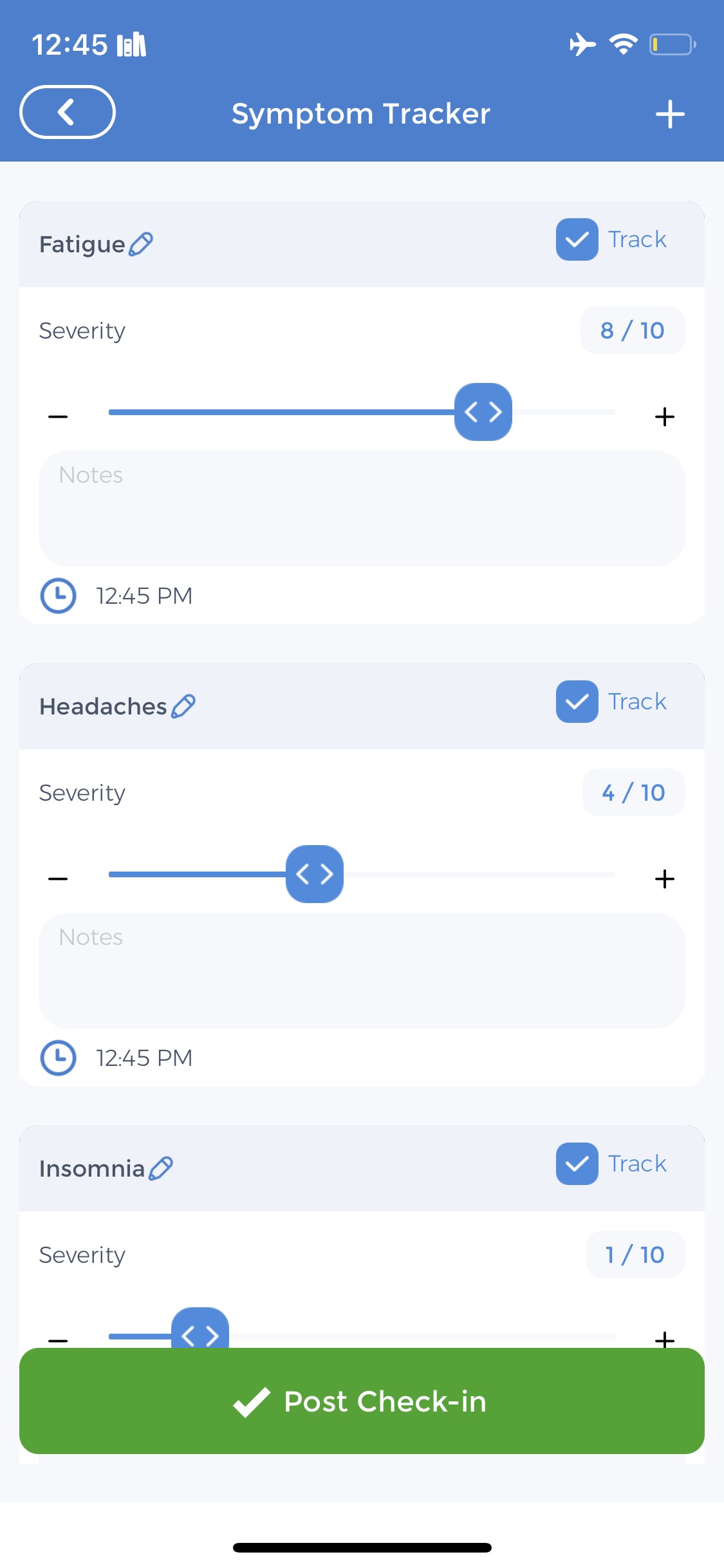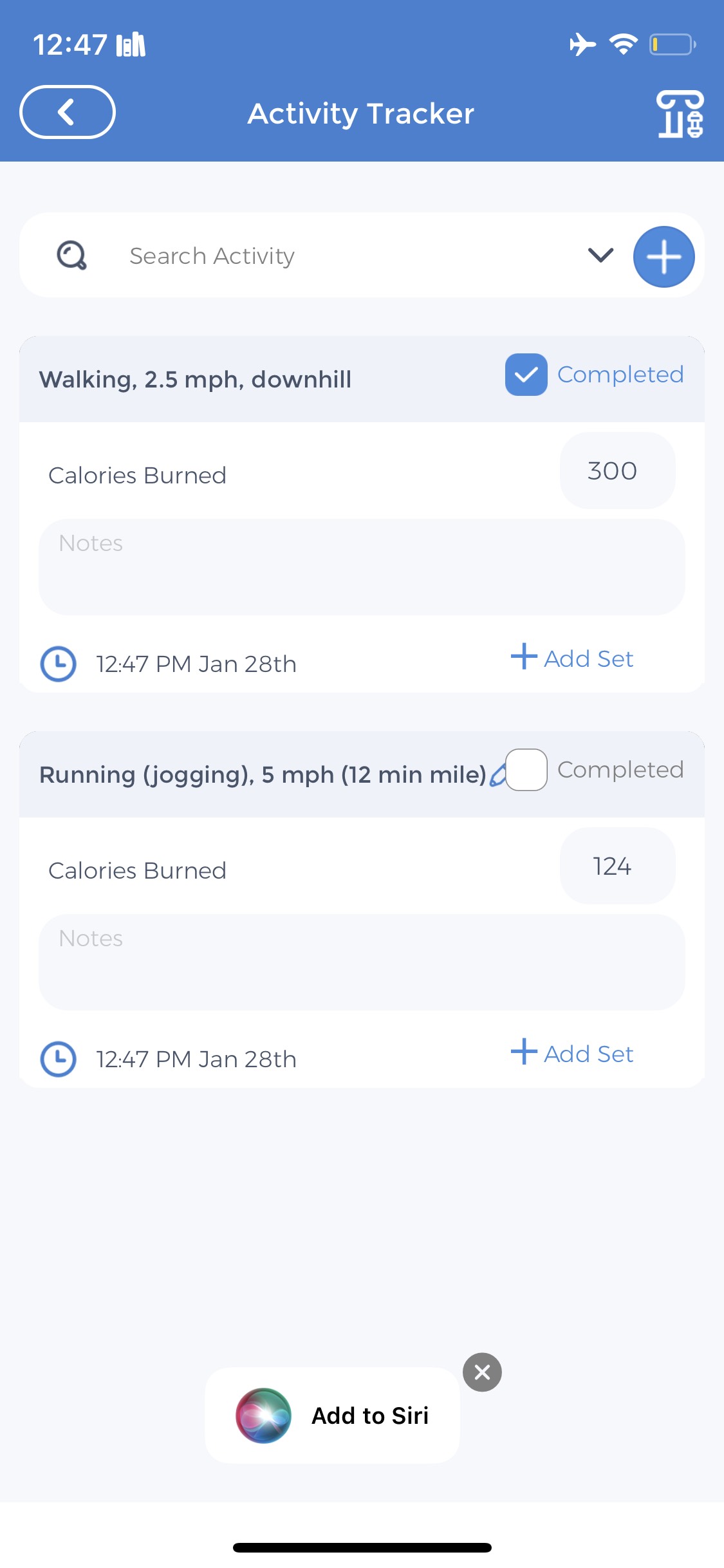
MS fatigue is one of the most common symptoms experienced in people diagnosed with MS. MS fatigue management can be distressing and decrease your overall productivity. The great news is that energy-saving practices, lifestyle adjustments, and the use of particular medicines relieve MS fatigue and other symptoms. Keep reading to learn more about MS fatigue, other related symptoms, and how to better manage them!
What is Multiple Sclerosis (MS)?
Multiple sclerosis, commonly known as MS, is a chronic illness that affects the brain, spinal cord, and optic nerves in the eyes. Vision, balance, muscular control, and other basic bodily functions are a risk of impairment due to MS. Everyone with the condition experiences numerous symptoms. Some individuals just experience minor symptoms and might not require medical attention.
Others will struggle to get around and complete everyday duties. The immune system attacks myelin, a fatty substance that wraps around nerve fibres to protect them. This is the main cause of MS.
The nerves will be harmed if myelin isn’t present. Because of the impairment, the brain is unable to convey messages appropriately throughout the body. The nerves don’t perform as well as they should to assist the body in moving and feeling appropriately.
What are the Four Stages of Multiple Sclerosis?
Although symptoms differ from patient to patient, there are four types of MS:
- Clinically Isolated Syndrome (CIS): This is a period of neurologic symptoms lasting at least 24 hours and not caused by a fever, infection, or other sicknesses. Repeated flare-ups characterize MS and CIS as a single event. CIS can be monofocal or multifocal. When a person has a monofocal episode, they only have one neurologic indication or symptom. When a person has a multifocal episode, they have more than one indication or symptom.
- Relapse-Remitting MS (RRMS): a kind of MS characterized by relapses and periods of stability in between relapses. Relapses are occurrences of new or worsened symptoms that persist for more than 48 hours. Fever or infection does not cause these. New or worsening symptoms break a steady course. The most common type of MS is relapsing-remitting MS. This kind of MS is more common in younger people than in older patients.
- Primary Progressive MS (PPMS): a gradual build-up of impairment with no evident relapses explains PPMS. The number of individuals with primary progressive MS has walking difficulties, indicating spinal cord illness, but those with relapsing-remitting MS frequently have visual or sensory symptoms at the beginning of the disease. Brain and spinal cord shrinkage occur early on in the course of primary progressive MS.
- Secondary Progressive MS (SPMS): after relapsing-remitting MS (RRMS), it’s considered the following stage. There is no longer any evidence of remission in SPMS. This indicates that despite therapy, the illness is deteriorating. Treatment is nevertheless required from time to time to assist in minimizing attacks and possibly delaying disability progression.
What causes MS and MS Fatigue?
It’s unclear why someone develops multiple sclerosis (MS). It’s not linked to any specific health practice, and it’s unclear whether it is avoidable. So far, research reveals that a mix of hereditary and environmental variables contributes to the cause.
MS fatigue is among the most unpleasant symptoms of the disease. MS fatigue may be distressing, and it can interfere with job and family life, mental and physical health, and social and recreational activities for some people. Fatigue can be a major symptom of the active inflammatory disorder, or it can be a secondary sign of other medical disorders.
So what exactly causes this fatigue? Cytokines are a large group of tiny proteins that play a key role in cell signalling. The central nervous system interacts with inflammatory cytokines, neurons, and cells. Cell signals in these sensory neurons can cause fatigue and discomfort. However, a changed neuroendocrine system may be able to control inflammation and excessive stimulation.
What are MS Fatigue Symptoms?

Before or after an MS diagnosis, keeping track of what’s going on is the best practice. It will aid in the monitoring of MS and the understanding of how well the treatment is working for the healthcare professional.
For many patients, their first encounter with MS is what physicians refer to as a clinically isolated condition (CIS). This round of neurological symptoms lasts about 24 hours on average. CIS happens when the immune system incorrectly instructs the body to attack myelin (the protective coating that covers nerve cells in the brain and spine).
Common MS Symptoms
- MS fatigue: It affects around 80% of people, can severely impact one’s capacity to function at home and work, and may be the most obvious symptom in a person with just mild movement constraints.
- Dysesthesia: Often referred to as an “MS hug.” MS hug is a squeezing feeling around the torso that feels like a blood pressure cuff as it tightens. It’s usually the initial sign of MS or a relapse.
- Walking difficulties: Weakness, spasticity, loss of balance, sensory deficiency, and weariness are all linked to this condition. Physical therapy helps MS patients as their immune system gets weaker.
- Weakness: Rehabilitation strategies and the use of mobility aids and other assistive equipment aid MS fatigue and weakness. De-conditioning of unused muscles or injury to nerves that stimulate muscles leads to MS fatigue and weakness. To effectively track your fatigue, use CareClinic’s specialized monitoring features designed for your condition.
- Pain and itching: MS patients frequently experience pain symptoms. 55% of people with MS experience major clinical pain at some time in life, with nearly half experiencing chronic pain. This is because the immune system is constantly under attack from within.
- Bowel problems: Constipation, as well as bowel control loss, are major concerns for patients with MS. Bowel problems are commonly treated using a proper diet, appropriate hydration intake, physical activity, and medication.
- Emotional & cognitive changes: It can be a result of neurologic and immunological abnormalities, as well as a reaction to the stressors of living with MS. Anxiety, mood swings, impatience, and excessive laughter and sobbing are all issues that MS patients and their families experience.
MS Treatments
Therapies are the suggested treatments for MS. Physicians also prescribe numerous drugs. The medications function by lowering the immune system’s activity. This is the body’s principal defense against pathogens, so that myelin, the protective covering that surrounds the nerves, is not damaged. Injections administer medications under the skin or into the muscle.
Abortive Therapy
Prescribed steroids reduce the length and severity of an immune attack. These aren’t the same steroids that professional athletes use. Glucocorticoids are a kind of steroid that treats MS. This is also an anti-inflammatory drug used to treat a variety of diseases and disorders and reduce internal inflammation (as caused by MS). In MS, this drug is usually administered intravenously (through a vein in the arm) once a day for three to five days. Steroid pills are an addition to the intravenous steroids, which are given in an easing dose for another 1-2 weeks.
Preventative Therapy
A class of medicines that treat multiple sclerosis is known as beta interferons. Flares are less severe and occur less frequently as a result of them. They can also induce flu-like symptoms such as pains, weariness, fever, and chills, which usually go away after a few months. They might make the body more susceptible to illness. This is because they reduce the number of white blood cells, which aid the immune system in fighting infections.
- Interferon-beta-1a is an intramuscular injection given once a week, or beta interferon is administered three times a week via injection under the skin.
- Another type of treatment is interferon beta-1b. The injection is administered beneath the skin every other day. Interferon betas all function in the same way, inhibiting particular immune system cells and processes to lessen the inflammatory process associated with MS.
Glatiramer acetate is a synthetic protein that is structurally identical to a component of myelin and is injected into the body. The injection is administered beneath the skin once a day. Glatiramer acetate stimulates the immune system to create more anti-inflammatory immune cells, which helps to lessen the inflammation found in MS.
What Does MS Fatigue Feel Like?
MS fatigue is one of the most unpleasant symptoms of the disease. Fatigue can be a major symptom of active inflammatory illness, or it can be a secondary sign of other medical disorders, heat, drugs, stress, depression, and sleep issues. MS fatigue may be terrible, and it can interfere with job and family life, mental and physical health, and social and recreational activities for some people. The greatest news is that adding energy-saving techniques, making lifestyle changes, and using medications prescribed can relieve fatigue. It’s crucial to rule out other reasons for the exhaustion that aren’t connected to MS, such as anemia or thyroid problems.
Why am I so Tired all the Time?
Many contributing factors change with an MS diagnosis, and fatigue cannot be attributed to a particular cause. Some of the common reasons are the following:
- Dehydration – Dehydration might make you tired. Drink six to eight cups (1.5 litres) of liquids every day. Caffeine-containing drinks might give a boost at first, but too risk dehydration, so try moderating the usage.
- MS symptoms – Urinary frequency during the night, tension, melancholy, and discomfort can all interfere with getting a good night’s sleep. It is critical to discuss symptoms that keep you awake at night with your doctor as soon as possible in order to determine the most efficient strategy to treat them with the least amount of disruption to your sleep.
- Medications – Certain MS drugs cause fatigue. These can be either the abortive or preventative therapy medications mentioned earlier.
- Lack of physical activity – The immune system is continually attacked, and MS makes it hard to stay physically motivated. Regular physical exercise minimizes weariness and boosts strength and energy levels.
- Sleep problems or insomnia – MS symptoms, as well as some of the therapies that control them, are a common source of sleep disorders. If you’re having difficulties sleeping, keep track of your symptoms and talk to your doctor about them, as well as any medications that might help you get a good night’s rest.
- Poor diet – The immune system is constantly being attacked, and MS puts a strain on the body. Including protein in meals or snacks, as well as complex carbs like wholegrain bread, will help you stay energized.
What is the Best Medication for MS Fatigue?

There are stimulants for MS fatigue that can assist with variable degrees of success, in addition to lifestyle adjustments and energy conservation strategies. Some of these medications include:
- Alertec (Modafinil/Provigil): used to alleviate daytime nausea. This medication considerably reduces fatigue in persons with MS. Mild headaches and sleeplessness are common side effects.
- Amantadine affects dopamine levels in the body, resulting in less exhaustion in MS patients. Insomnia and disturbing dreams are two common side effects.
- Vitamins: Vitamin B, in particular, aids in the conversion of food into energy that your cells can use. It also helps to maintain the health of your body’s nerves and blood cells, as well as prevent different types of fatigue that can make you feel weak and tired.
- Ritalin (Methylphenidate): activates the central nervous system, which aids in the treatment of MS symptoms, including tiredness. Nervousness, shivering, and sleeplessness are common adverse effects.
- Antidepressants are usually given to alleviate exhaustion. Anxiety and despair may often contribute to feelings of exhaustion, and fatigue can lead to a poor mood or thoughts of depression. Antidepressant therapy may aid in the treatment of both depression and fatigue.
Managing Chronic Fatigue
The CareClinic’s symptom tracker feature can record not only your MS symptoms but also track changes in symptoms after treatment or track changes in severity over time. This enables you to add any symptoms you feel before, during, and after treatment. The app will allow you to set a reminder(s) to check in with your symptoms. Frequent symptom tracking illustrates your progress for an accurate interpretation of any necessary adjustments through your healthcare provider.
You may quickly input all of your symptoms into CareClinic’s user-friendly check-in option. Checking in helps you to keep track of how you’ve been feeling throughout the course of the day. This also makes it easier to communicate with your healthcare provider, ensuring that you don’t overlook any of your symptoms. Consistency is key.
You can pick and choose from a list of medical symptoms to include in your daily check-in or diary entry. MS Fatigue, depression, insomnia, pain, and itching are all common MS symptoms. Furthermore, you may keep track of the onset date, frequency, and strength of a symptom using the symptom tracker’s drop-down menu.
Additionally, you can also keep track of your sleeping patterns, daily physical activity, nutrition, and other metrics to generate accurate body reports. You can also create custom fields to keep track of what’s important and relevant to your personal MS journey.
Track Extreme Fatigue Medications
It’s beneficial to have a resource where you can keep track of your entire pharmaceutical history. It is a helpful reference tool that speeds up the retrieval of medical data. Furthermore, by using CareClinic to keep track of your past and present medications, you will limit the chances of misinterpretation. You’ll make your therapy run more smoothly and help you reach your health goals.
MS fatigue and other MS symptoms can be exhausting and unpredictable from day to day. Keeping track of your health is critical for progress. A medication journal keeps track of the medications taken regularly.
You can keep track of everything related to the medication you’ve consumed with the CareClinic platform. The dosage, directions, purpose, side effects, and physician/pharmacist(s) who prescribe the drugs, as well as the relevant contact information, are all included (useful for refills). Enter any prescribed MS fatigue medications. your healthcare provider is here to keep track of your progress.
Medication records force you to keep track of your treatments. It improves drug adherence by allowing you to track the success of your treatment as well as its effects on your overall health.
Extreme Fatigue Activity Tracking

MS fatigue is one of the disease’s most distressing symptoms.
The greatest news is that employing energy-saving techniques and making lifestyle changes can relieve fatigue. Changes in your way of life might help alleviate symptoms. It can also help to prevent flare-ups and the worsening of symptoms. Your coping skills and attitude toward your illness can also aid in the management of MS.
Stress can exacerbate MS symptoms and make you feel even more tired. Exercise strengthens walking muscles. In persons with MS, it also reduces tiredness, enhances mood, and improves the quality of life. Each week, an MS exercise regimen includes 150 minutes of activity. Walking or swimming are examples of activities that get your heart beating.
Work out at your speed and on your terms. Stretch for at least 10 minutes every day to loosen up your muscles.
CareClinic’s activity tracker allows you to identify any acts that caused, increased, or eased your symptoms. You can hold yourself accountable for achieving your goals.
The platform includes tools such as reminders, reports, and trackers to help you keep track of your resolutions. You can enter the sorts of workouts you plan to conduct in the “activity” screen of the Check-in section.
The platform also allows to track calorie intake. If your doctor has advised particular physical therapy or exercises, here is a fantastic spot to keep track of them and remind yourself to stick to a schedule.
An all-in-one platform like CareClinic can help you navigate MS by getting into the habit of implementing healthy lifestyle changes and tracking techniques while sticking to it. Start using it now by tapping the banner below.


